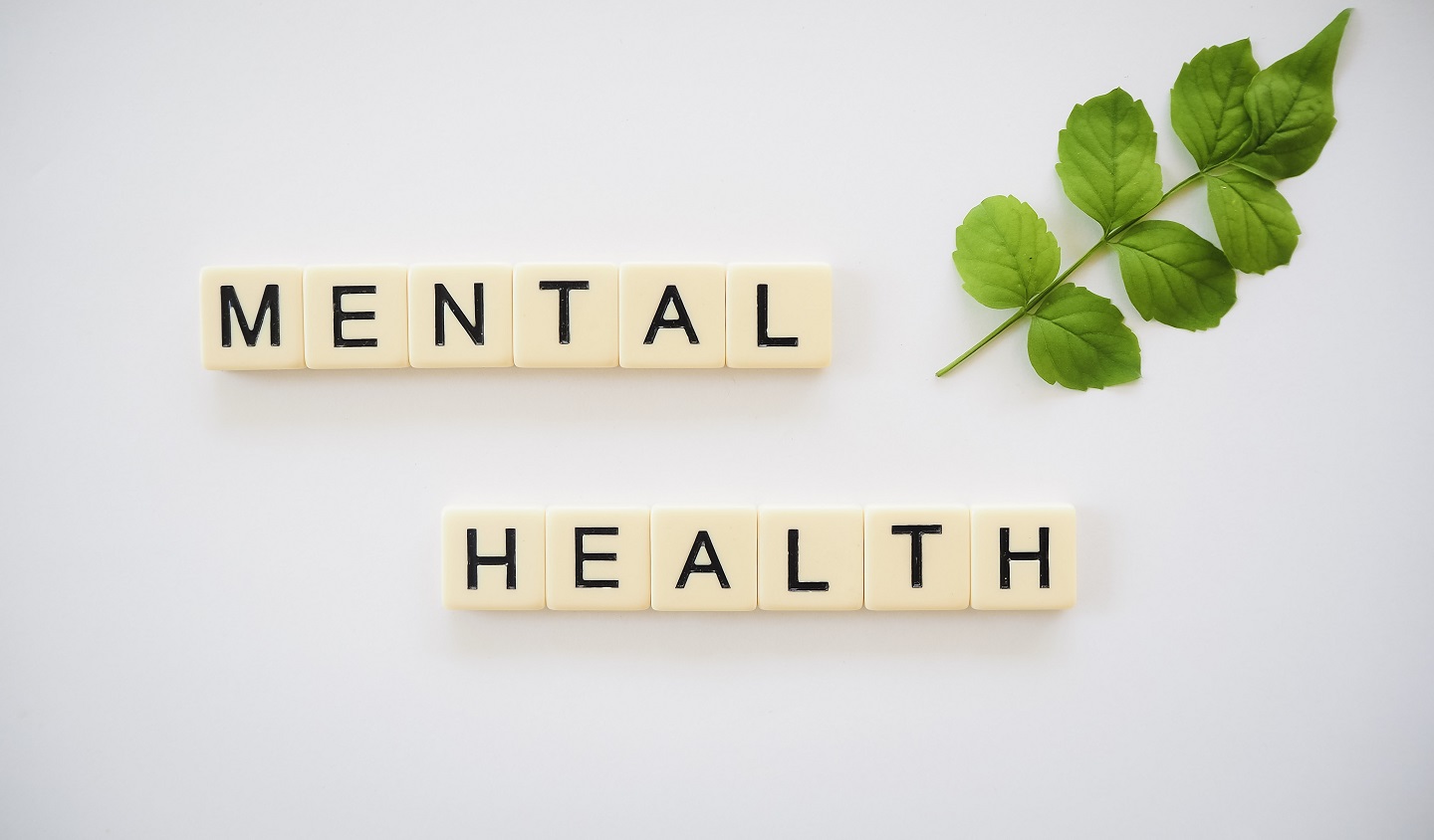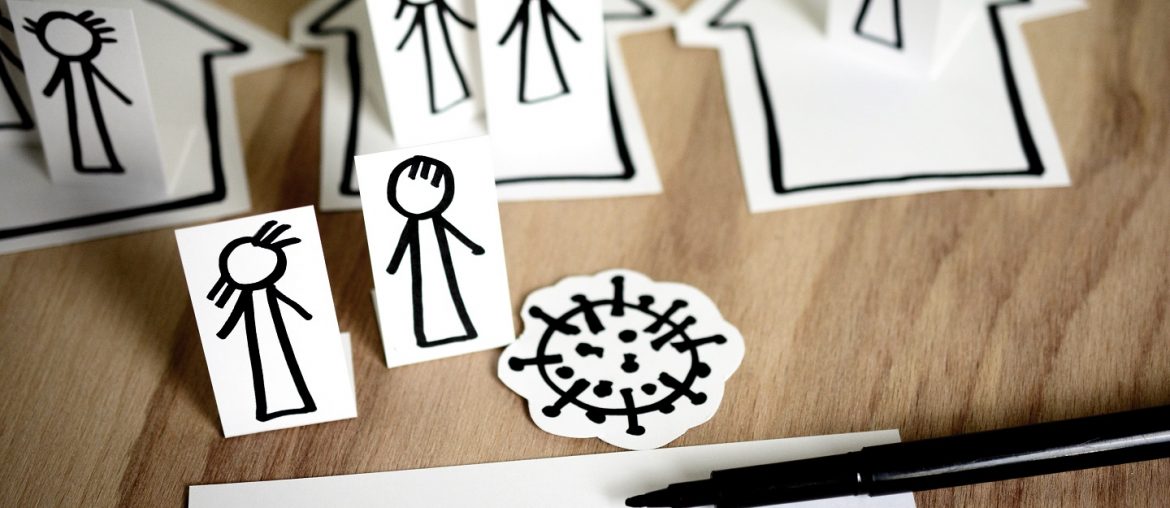Humans are social beings. Some say it is in our genes. No wonder we tend to perform more productively when working in a group. And being quarantined or cut off from the rest of the community for a long period usually has a detrimental effect on our psychological well-being where issues such as stress, anxiety, and confusion have amplified effects. Along with disrupting productivity and workflow, these problems can have a long-lasting effect on our general health as well. That is why it is vital to take care of our mental health during a quarantine period. So, let’s take a look at how to deal with some of the major psychological issues experienced during a prolonged quarantine period so you can stay productive.

Stress
The sudden onset of pressure or tension we feel when something is amiss or requires urgency puts a great deal of strain on the body and the psyche – that is “stress”! During home quarantine, our ‘usual’ life suddenly deviates and we are thrust into an unfamiliar situation resulting in the situation becoming the source of much tension. The stress feels insurmountable and reduces work-efficiency as well as our mental capacity. The trick to avoiding this problem and taking care of our mental health during the quarantine period is to engage in some Positive Relaxation Techniques. Deep breathing exercises, meditation, and muscular testing and stretching can relieve stress in just a few minutes
Anxiety
Did you ever feel as if everything around you is going out of your control and there is no way to stop it? Fear grips your entire being while your heart rate quickens, experience headache, and begin to profusely sweat and shake. If that is the case then at that very moment you were experiencing anxiety which is often felt when your day-to-day activities are abnormal – which just so happens during a quarantine period. What you need to do in such a scenario is to take things slowly to get things back into control. Slow things down by dividing up the situation at hand. Remember, you are not alone and stop thinking about things far down the line. Deal only with what is immediately ahead. Furthermore, limit media consumption as a lot of news – whether real or fake – may induce an anxiety attack.
Insomnia
Closely related to stress and anxiety is insomnia, which is often their byproduct. And if there is a change in the work schedule or the environment, the level of insomnia can be even greater. A person suffering from this condition has difficulty falling asleep and/or staying asleep. Insomnia or sleeplessness hazes our brain and stops it from reaching its full capacity. Reducing the impact of anxiety and stress will have a positive effect on insomnia and help you sleep better. Engaging in light physical activity or working out every day will reduce insomnia and take care of our mental health during the quarantine period.
Confusion
The feeling of confusion is one that can be felt several times throughout a quarantine period. Waking up in the morning and feeling like a boat without a rudder is very common during prolonged quarantines. It is important to get a bearing of what tasks you have at hand, especially when you are working from home. The best way to ensure that you don’t get confused is to maintain a daily routine and follow it along with maintaining a task list.
Irritability
Most of us, especially the extroverts among us, feel agitated and frustrated if they have to stay at home for a day or two. So, it is quite understandable that quarantining yourself for a prolonged period will result in an irritable mood. When you are working from home, the slightest delay, miscommunication or mistake can set off a cannon – creating a very uncomfortable situation for all. To ensure that that does not happen, you need to break up your day into several parts. Refrain from long-hours of work at a time and take short recesses or breaks. Take the opportunity you have in your hand and maybe watch some videos to help you relax.
Depressive Symptoms
Boredom is often the result of an unwilling long-stay, even when it is in your dear home. Being quarantined and having to work from home for over ten days or so may leave you more vulnerable to this. Furthermore, continuous boredom and the same monotonous daily life can lead to you experiencing depressive symptoms. So, to take care of our mental health during the quarantine period and avoid any depressive symptoms, focus on the positives! When was the last time you had an opportunity to sit down for some afternoon tea with the whole family?
Emotional Exhaustion
Last, but not least, a quarantine, regardless of its length, can be quite emotionally exhaustive. The strain on the mind from such isolation, even if you have your family with you, can take a toll on your productivity and creativity. So, it is important to always remember that even if you are maintaining social distancing from others physically, you can always connect them virtually. Use virtual messaging platforms such as Facebook, WhatsApp, and Skype to stay connected with your friends and colleagues so you can continue supporting them and they, you. In this day and age, no one is ever truly alone.
The people of Bangladesh are facing uncharted territories right now. We are still unfamiliar with what to do and how to take care of our homes, our families, and the people around us. However, among everything else, we need to take care of our mental health during the quarantine period.





2 Comments
Hey i love this article. This is really cool
Nice